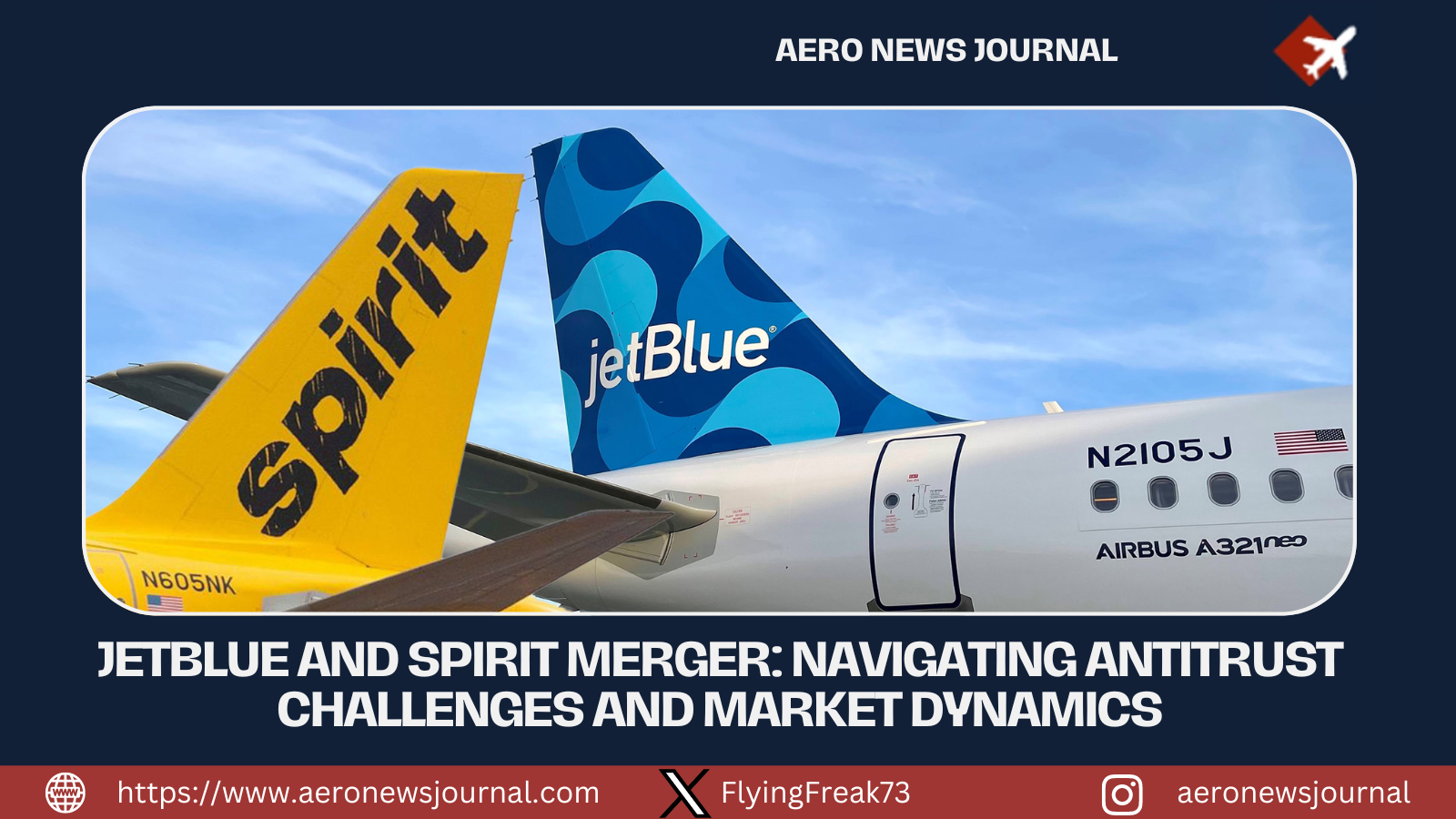
As the antitrust trial concluded, a federal judge deliberated on the U.S. Justice Department's attempt to halt JetBlue Airways' planned acquisition of Spirit Airlines, valued at $3.8 billion. The judge, U.S. District Judge William Young, suggested that the deal could go ahead if JetBlue divests more assets. He expressed concern that airfares would increase if Spirit, known for its ultra-low-cost services, ceased to exist and no longer exerted downward pressure on prices.
.gif)
Judge Young, who will make the final decision in the non-jury trial held in Boston, expressed difficulty with the Justice Department's request for a permanent injunction to block the deal in an industry that is dynamic and facing unique post-COVID challenges and opportunities. He suggested that JetBlue, which has already agreed to sell off gates and slots at airports in New York City, Boston, Newark, New Jersey, and Fort Lauderdale, Florida, to address regulatory concerns, could consider further divestitures.
The trial, which began on October 31, saw lawyers from both sides present their closing arguments. The merger was challenged in March by the Justice Department, six U.S. states, and the District of Columbia, who argued that it would unlawfully harm competition in the airline industry. Judge Young mentioned that he had seen cases where the court deemed the divestitures insufficient but allowed the deal to proceed with additional divestitures. Judge Young questioned Justice Department attorney Edward Duffy, asking if he should consider a similar approach if he finds the current situation warrants some restraint but could work with more divestitures. Duffy responded that a full-stop injunction seemed to be the only remedy that would restore competition. However, JetBlue attorney Ryan Shores argued that Judge Young had the authority to issue such an order.
This case is part of President Joe Biden's administration's efforts to preserve competition among low-cost airlines and enhance antitrust enforcement across various industries, an initiative that has seen mixed results in court. Shores argued in his closing statement that the proposed merger was in the consumers' best interest and crucial for JetBlue to become a viable, disruptive national challenger to the dominant airlines in the industry. The four largest U.S. carriers - United Airlines, American Airlines, Delta Air Lines, and Southwest Airlines, - control 80% of the domestic market. JetBlue and Spirit combined control about 8%, according to their lawyers. Shores pointed out that, unlike the largest airlines that are thriving post-COVID, lower-cost companies like JetBlue and Spirit are facing significant financial challenges that hinder their ability to effectively challenge the biggest airlines independently. Duffy argued that allowing JetBlue, the sixth-largest U.S. airline, and Spirit, the seventh-largest, to merge would lead to higher prices and fewer flights once Spirit, a lower-cost competitor, was no longer in the market. JetBlue itself expects to raise fares by 30%, according to Duffy.
